As political miscalculations go, this was a major one.
Of course, we know what Humza Yousaf was trying to do in scrapping his power-sharing agreement with the Scottish Green Party, not least because he told us repeatedly.
He wanted to show “leadership”. He wanted to unite his party. He wanted to strengthen his own position.
Extraordinarily, he has failed at all three and – far from renewing his leadership – scrapping the Bute House Agreement may well have fatally undermined it.
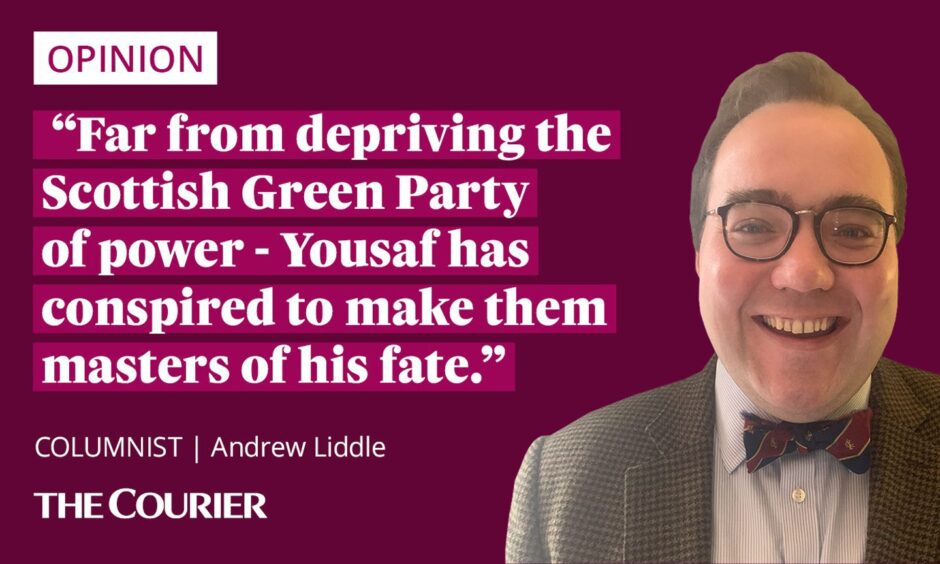
Sacking Patrick Harvie and Lorna Slater was certainly courageous, although it should be noted courage is a virtue only intermittently rewarded in politics.
That this move came as such a surprise is indicative of Yousaf’s reputed guilelessness, but one does not have to look very hard to see the theoretical attraction of it.
Too much and for too long, the Scottish Green Party had held an outsized influence on SNP policy, dragging the government away from middle Scotland and into niche Scotland.
Disastrous policies stemmed from Bute House Agreement
Disastrous and unpopular polices, such as income tax rises or the presumption against oil and gas, have either stemmed directly from the Scottish Green Party or have been designed in part to placate them.
By ditching the focus on identity politics and culture war questions, Yousaf could hope – to borrow from another leader in strained circumstances – to get the SNP back to basics.
Similarly, in acquiescing to the demands of many in is his party by ditching the Bute House Agreement, Yousaf would hope to strengthen his own otherwise fragile position as SNP leader.
Telling Patrick Harvie and Lorna Slater to – perhaps literally – get on their bike had been a longstanding demand of SNP rebels at both Holyrood and Westminster. By cutting the Scottish Green Party loose, Yousaf could hope to bring those such as Fergus Ewing, who had so vocally attacked the power-sharing agreement, back into the fold.
It would even be tempting for Yousaf to think that, though chaotic, ditching the Bute House Agreement would provide a preferable and useful distraction from other controversies surrounding the SNP, not least Police Scotland’s investigation into the party’s finances.
Yet, tragically for Yousaf, none of these apparent benefits have come to pass.
Remarkably – far from depriving the Scottish Green Party of power – he has conspired to make them masters of his fate.
They now hold the balance in a key vote of no confidence in the First Minister, tabled by the Scottish Conservative Party, and early indications suggest Scottish Green Party MSPs are angry enough to contemplate voting against him.
Even if they do not do that, his position has been shown to be extremely vulnerable and, rather than ending internal dissent against him, is only likely to embolden rebels further.
Away from Holyrood, an enraged Scottish Green Party could also cause the SNP a real headache.
While they are nowhere near strong enough to win seats themselves, the Scottish Green Party is running candidates in constituencies across much of the Central Belt, and a determined campaign by them could deprive the SNP of vital votes, aiding a Scottish Labour resurgence.
More broadly, the decision to break-up the Bute House Agreement could also cause a major schism in the already fractious Scottish independence movement.
After being forced from office, the Scottish Green Party co-leader Lorna Slater appealed directly to SNP members “who do care about …. independence” to “consider if they are in the right party … or if their home should be with us”.
If independence was already a dead issue with the Bute House Agreement in place, it seems Yousaf has well and truly buried it now.
Certainly, while he has protested that his decision shows “leadership”, it is worth noting he would not have acted had the Scottish Green Party membership not forced an emergency meeting on whether they should withdraw from the partnership themselves.
In that respect, Yousaf – far from proving himself a hard-nosed authoritarian – has in fact been cowed by the around 7,000 card-carrying members of the Scottish Green Party.
Courageous though his decision may be, it has revealed once again that he is more the victim of events than the master of them, being forced to push Harvie and Slater before they jumped themselves.
It is difficult to say now what the immediate future holds. There is much speculation of an extraordinary devolved election, a new SNP leader, or perhaps both.
This is, after all, a political world in which Yousaf can see the SNP-Green partnership as “worth its weight in gold” one day and then discard it the next.
Yet, whatever ultimate conclusion these current machinations reach, there seems little doubt that this move has done nothing to help Yousaf and his administration.
On the contrary, it may well be the catalyst for the end of it.
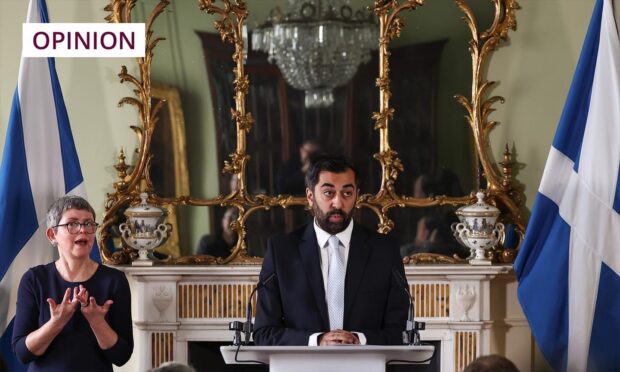
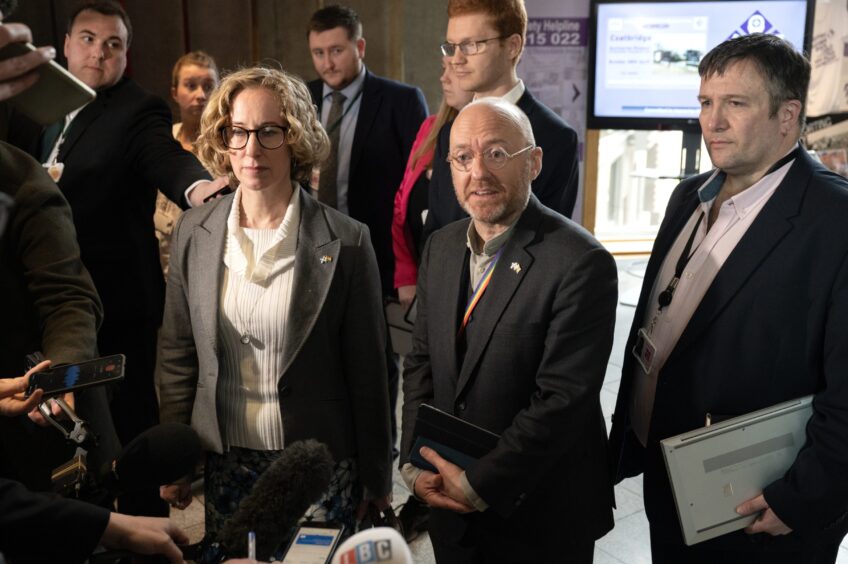
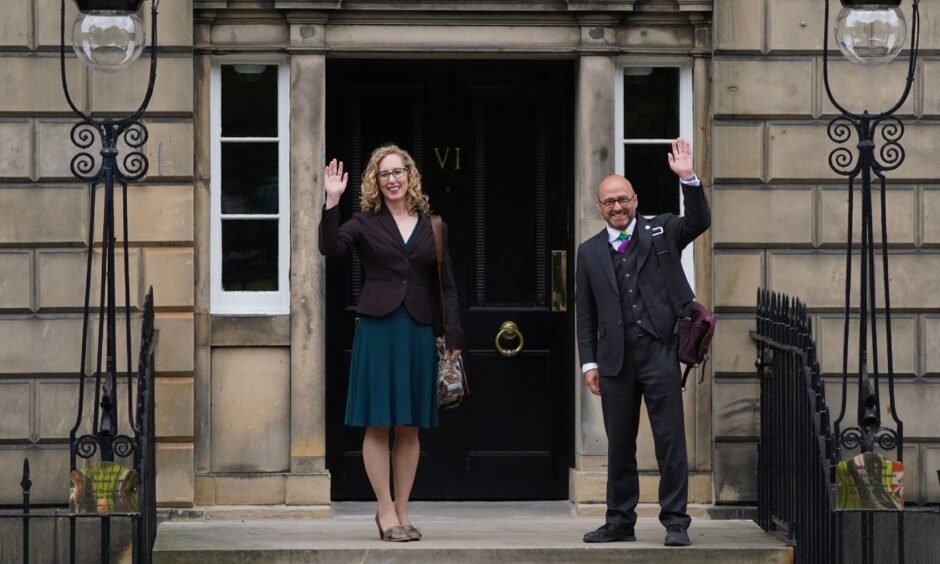




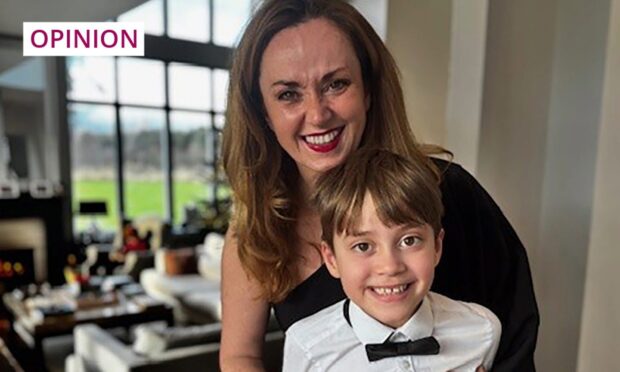
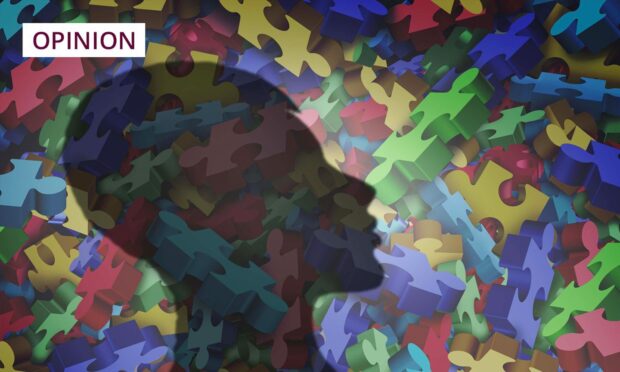




Conversation